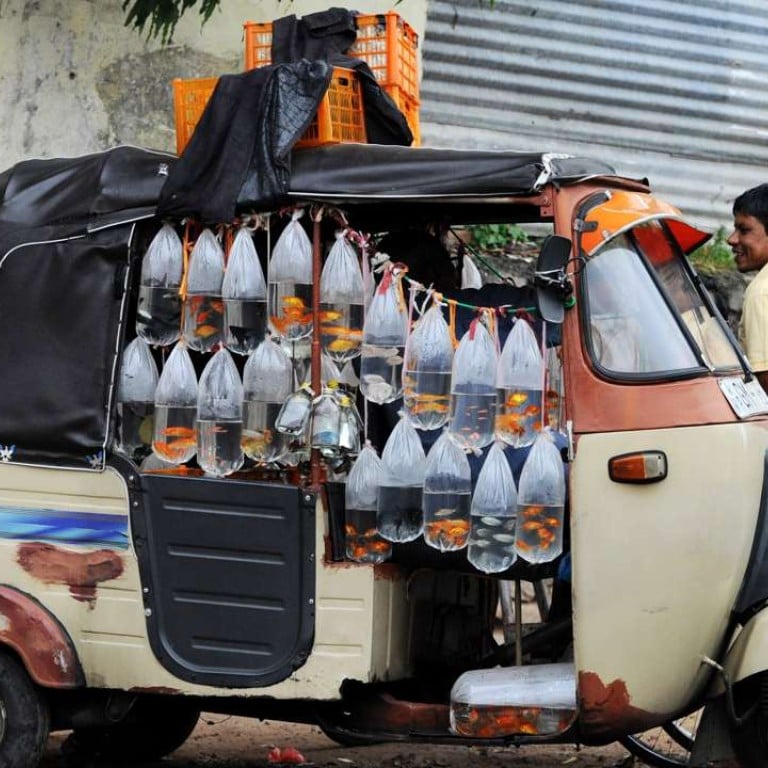
How the term ‘tuk-tuk’ has travelled the world
The auto-rickshaw, a common sight in many parts of Asia, has traditionally gone by many different names, but in recent years the Thai word for it, tuk-tuk, has spread
If you have ever travelled in Southeast Asia, the chances are you will have taken a ride in an auto-rickshaw. The name of the three-wheeled motorised form of transport, as well as that of the versions powered by man or bicycle, comes from the Japanese jinrikisha (jin “a man” + riki “power” + sha “carriage”).
But what did you call your vehicle?
Perhaps the most well-known name is the Thai tuk-tuk (ตุ๊ก ๆ, dtóok-dtóok). The term is onomatopoeic: the word mimics a natural sound – that of a small engine. (It does not mean “cheap”, as some would believe, which in Thai is pronounced “thook”, with its aspirated initial “t”.)
Another language-formation process is the development of generic trademarks or proprietary eponyms – brand names becoming general words; aspirin, band-aid and velcro, for example. Auto-rickshaws are commonly known by the name of the company producing them. In Pakistan, they are called “chingchi”, after Chinese company Jinan Qingqi Motorcycle, which introduced them to the market.
In Sri Lanka, they are “three-wheelers” or “bajaj” – most are a slightly modified model from Indian manufacturer Bajaj. Those in Jakarta, also Bajaj models, are “bajaj” or “bajay” (the “j” sound does not occur at the end of a word in Bahasa Indonesia). In Bangladesh, they are called “CNGs” for their use of compressed natural gas.
But change is afoot.

Sri Lanka’s three-wheelers have in the past decade been touted as tuk-tuks, and not just on the street: mobile apps and tour operators now proudly advertise “Tuk-Tuk” in their name. The uniquely Cambodian (moto-)remorque (French for “trailer”), small passenger-carrying trailers pulled originally by bicycle, nowadays by motorcycle, have recently also come to be called tuk-tuk – a development questioned by the country’s minister for tourism in 2013. The remorque faces competition not just in name: last August a fleet of Thai-style tuk-tuks was launched in the country’s capital.
This Asian-inspired form of transport and name have since the early 2000s spread to Africa, the Middle East and Europe (though Italy has had the Piaggio Ape since the late 1940s). South Africa, Tanzania and Gaza have embraced tuk-tuks as compact, convenient, cheap forms of transport; cities in the Netherlands, France and Portugal boast e-tuks as alternative eco-friendly tourist transport.
What’s in a name? Apparently questions of culture, authenticity, commodification – and the power of tourism, not only in the spread of culture, but also in the evolution of language.

